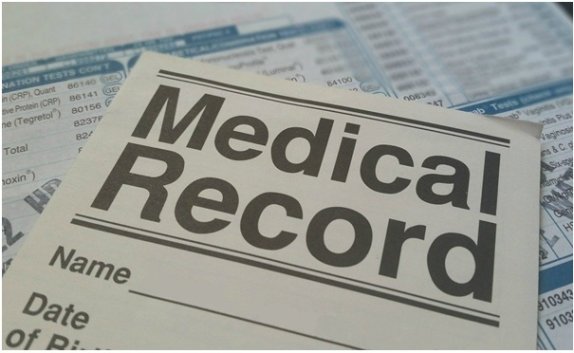Over the last ten years, we have seen a huge shift in the number of hospitals using medical software to manage their care providers and their patients. Thanks to this, the benefits of electronic health records are becoming more well known, and the use of EHR software is increasing. This huge shift in implementation is because there are lots of benefits to using electronic health records.
But what is an EHR? EHRs are updated patient records that can be accessed by medical professionals in real-time. These records contain details such as a patient’s medical history, allergies, medications they are using, scan images, test results, and treatment plans. In addition to the above, they also give medical professionals the tools they need to make decisions about patient care. Here are some of the other advantages of using EHRs in medical settings:

Table of Contents
1. Improve Patient Care
One of the main benefits of using EHRs in a medical setting is that they can help to improve patient care by enabling quick access to patient records. This leads to more efficient care. Here are some of the other ways EHR’s can improve patient care:
- Increase treatment effectiveness.
- Quick access to patient records
- Recommends treatment options.
- Patients have access to their medical records.
- Improves preventative care.
- Makes physician-patient communication better.
2. Enhance Continuity of Care
EHRs work alongside other electronic medical systems such as EMRs. When patients need to manage chronic illnesses, see a specialist, or plan on moving to a hospice for rest and recuperation, an EHR system that can interact with other medical systems is vital.
3. More Accurate Patient Information
EHRs were originally introduced as an alternative to paper records to make accessing and storing information easier. However, this is not the only benefit of EHRs. One of the main benefits is that storing medical records electronically eliminates the risk of misplacement, theft, alteration, or damage of sensitive data. Another huge benefit is that errors and mistakes caused by poor handwriting and legibility can be eliminated by using electronic records.
Medical professionals and medical scribes can update patient information in real-time, giving other medical professionals access to an up-to-date, accurate patient file. These records can be accessed by all professionals involved inpatient care.
4. Security
Protecting personal and private data about patients is critical. EHRs not only offer the highest security of any electronic health record system, but they can also help to make a practice HIPAA-compliant.
5. Improves Efficiency
EHRs allow medical professionals to not only provide more accurate diagnosis and treatment, but they can also help them to save time and improve efficiency. These records can help to speed up office visits and appointments without sacrificing patient care. This means that medical professionals can see more patients daily.
Electronic health records have several benefits. Not only does the ability to exchange health information electronically help medical professionals to provide safer care for patients, but EHRs can also help to reduce business costs through improved safety, decreased paperwork, reduced duplication of testing, and improved health. There are lots of other amazing benefits to using EHRs too including enabling more reliable, safer prescribing and enhancing the privacy and security of patient data.




